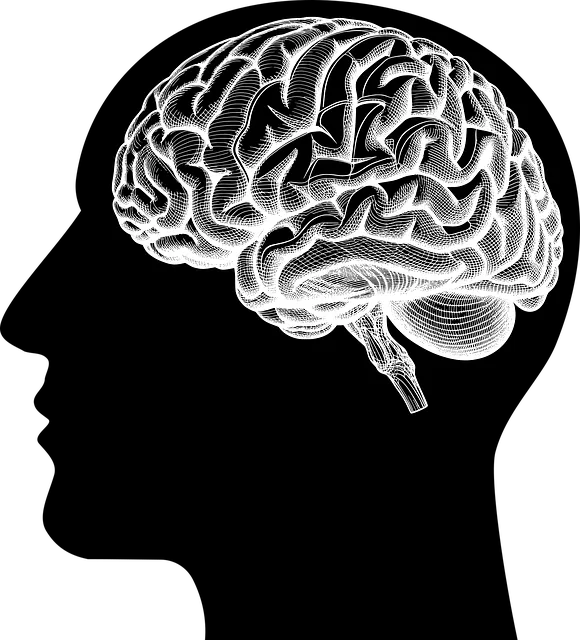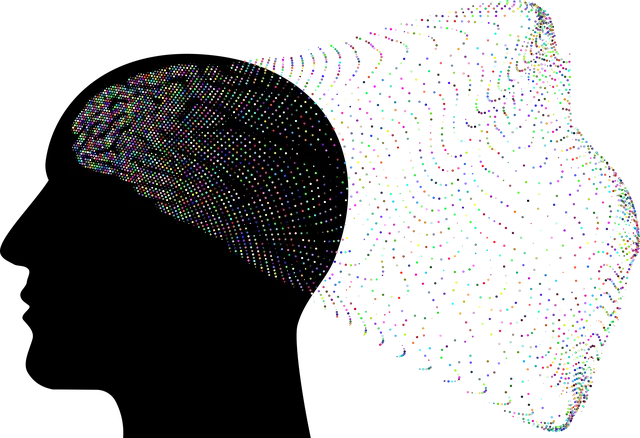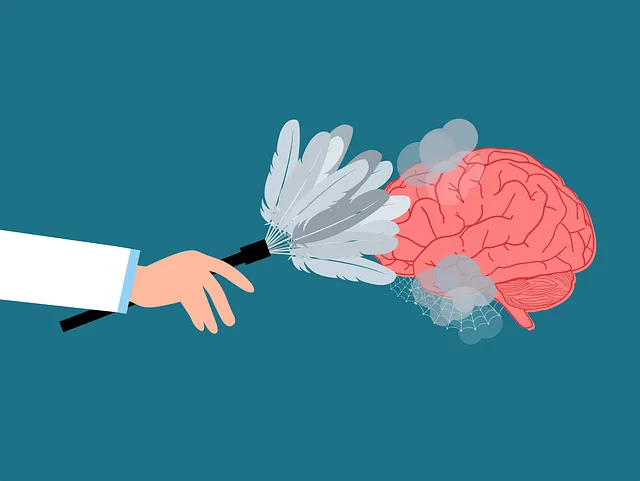Kaiser Permanente behavioral health providers in Centennial face a significant challenge with undiagnosed or untreated mental health issues due to complex conditions, limited access to specialists, and subtle symptoms. To combat this, they've implemented various initiatives focusing on improved diagnostic accuracy, including enhanced training, evidence-based assessment tools, open communication, and technological advancements like the Mental Wellness Podcast Series. These strategies empower providers to navigate complexities, enhance patient outcomes, and revolutionize mental illness diagnosis through innovative digital solutions.
Mental illness diagnosis accuracy is a critical issue, especially within healthcare organizations like Kaiser Permanente. This article explores efforts to enhance diagnostic precision among Kaiser Permanente’s behavioral health providers in Centennial. We delve into understanding the challenges, examining strategies that focus on training and advanced tools, and highlighting the integration of innovative technologies. Additionally, we discuss continuous improvement methods, including measuring success and adapting practices at Kaiser Permanente Centennial.
- Understanding the Challenges: Kaiser Permanente's Behavioral Health Diagnosis Gap in Centennial
- Strategies for Enhancing Diagnostic Accuracy: A Focus on Training and Tools
- Integrating Innovative Technologies: Digital Solutions for Better Assessment
- Continuous Improvement: Measuring Success and Adapting Practices at Kaiser Permanente Centennial
Understanding the Challenges: Kaiser Permanente's Behavioral Health Diagnosis Gap in Centennial

At Kaiser Permanente, a prominent healthcare provider in Centennial, the behavioral health diagnosis gap has been a significant challenge. This gap refers to the discrepancy between the number of individuals experiencing mental health issues and the number accurately diagnosed and treated. The issue is exacerbated by several factors, including the complexity of mental health conditions, limited access to specialized services, and the often subtle nature of symptoms, which can make accurate diagnosis difficult for even the most experienced Kaiser Permanente behavioral health providers in Centennial.
To address this gap, Kaiser Permanente has been actively working on improving diagnostic accuracy through various initiatives. These efforts include enhancing training programs for healthcare providers, implementing evidence-based assessment tools, and promoting a culture of open communication and collaboration among mental health professionals. Additionally, the organization is leveraging technology to streamline diagnosis processes and improve patient outcomes, such as through the production of a Mental Wellness Podcast Series designed to offer anxiety relief and resilience building resources to a wider audience.
Strategies for Enhancing Diagnostic Accuracy: A Focus on Training and Tools

Mental illness diagnosis accuracy is a critical aspect of patient care, and healthcare providers like those at Kaiser Permanente Centennial play a vital role in ensuring precision. One key strategy to enhance diagnostic accuracy involves comprehensive training programs tailored for behavioral health providers. These initiatives can include workshops focused on recognizing subtle symptoms, understanding complex presentations, and integrating new research findings into clinical practice. By investing in ongoing education, providers gain valuable insights into the latest assessment techniques and treatment modalities.
Additionally, technological advancements offer innovative tools to support diagnostic accuracy. Digital platforms and mobile applications designed for mental health screening and monitoring can assist providers in gathering comprehensive patient data. These tools often incorporate evidence-based assessment protocols and communication strategies, such as those promoting inner strength development and emotional healing processes. By leveraging technology alongside professional training, Kaiser Permanente behavioral health providers can navigate the complexities of mental illness diagnosis with enhanced confidence and precision.
Integrating Innovative Technologies: Digital Solutions for Better Assessment

In the pursuit of enhancing mental illness diagnosis accuracy, Kaiser Permanente behavioral health providers in Centennial have embraced innovative technologies as a game-changer. Digital solutions are transforming traditional assessment methods, offering more comprehensive and efficient approaches to understanding patient conditions. By integrating advanced tools, these providers aim to improve diagnostic reliability and, consequently, tailor treatment plans effectively.
One such solution is the use of digital platforms for Mental Wellness Journaling Exercise Guidance. This method encourages patients to document their thoughts, emotions, and behaviors, providing valuable insights that aid in diagnosis. Additionally, Stress Management Workshops Organization within the platform offers evidence-based strategies for Depression Prevention and overall mental health promotion. These digital interventions not only supplement traditional assessment but also empower individuals to actively engage in their wellness journey.
Continuous Improvement: Measuring Success and Adapting Practices at Kaiser Permanente Centennial

At Kaiser Permanente Centennial, continuous improvement in mental illness diagnosis accuracy is a top priority for their behavioral health providers. They measure success through various metrics, including patient satisfaction surveys and clinical outcome assessments. By analyzing these data points, the team can identify areas where practices are effective and those that need refinement. This adaptive approach ensures that services are tailored to meet the evolving needs of the community.
One notable initiative is the Mental Wellness Podcast Series Production, which leverages communication strategies to disseminate information about emotional healing processes. This multimedia effort caters to diverse learning styles and enhances patient engagement, ultimately contributing to improved diagnosis accuracy by promoting mental wellness awareness.
Efforts to improve mental illness diagnosis accuracy, as highlighted by Kaiser Permanente’s initiatives in Centennial, are transformative. By focusing on training, adopting innovative technologies, and implementing continuous improvement strategies, behavioral health providers at Kaiser Permanente Centennial are enhancing patient care. These advanced methods not only bridge the diagnostic gap but also ensure that treatments are tailored to individual needs, ultimately fostering better outcomes for those facing mental health challenges.






